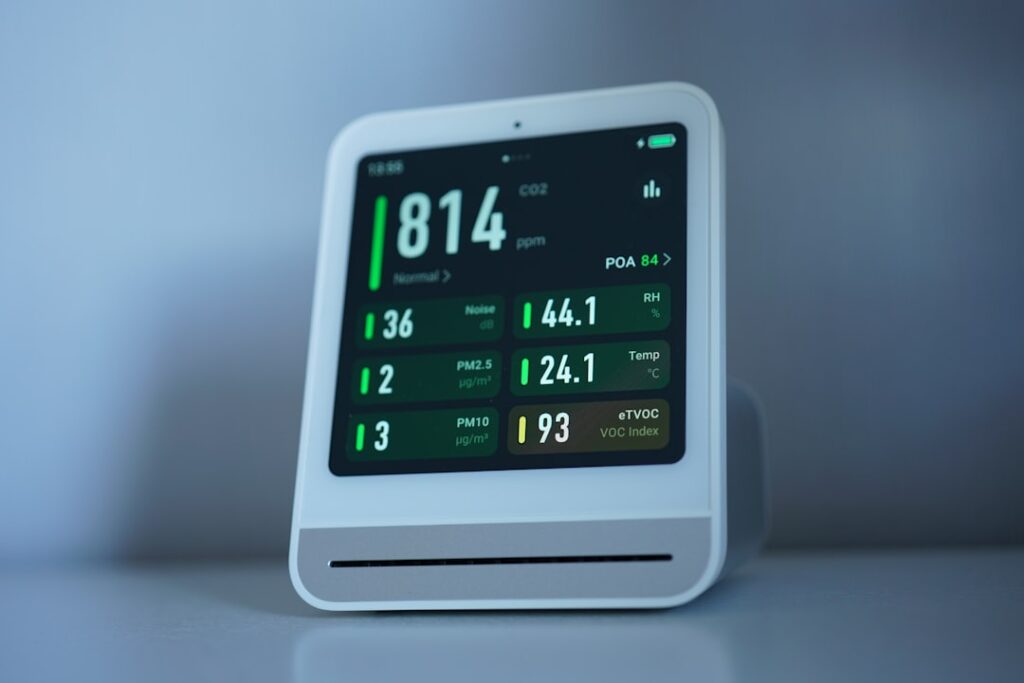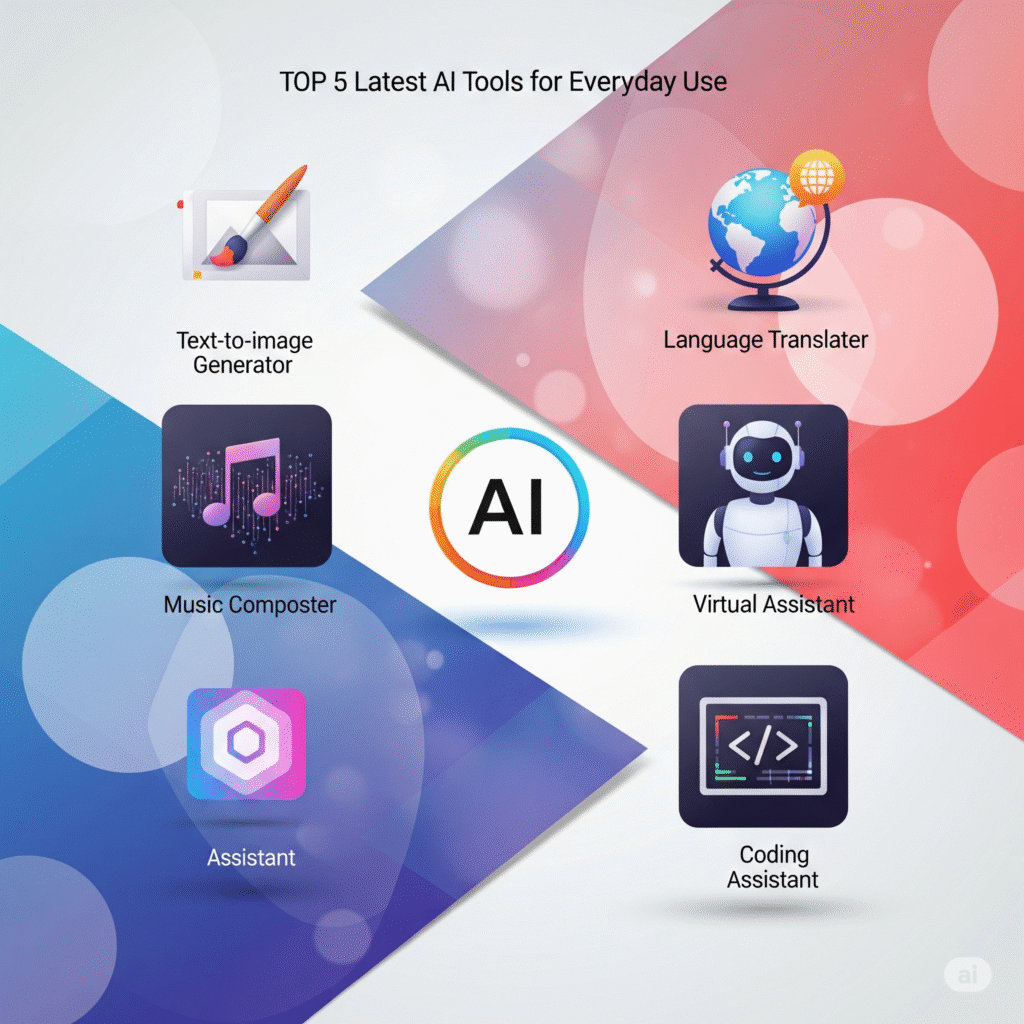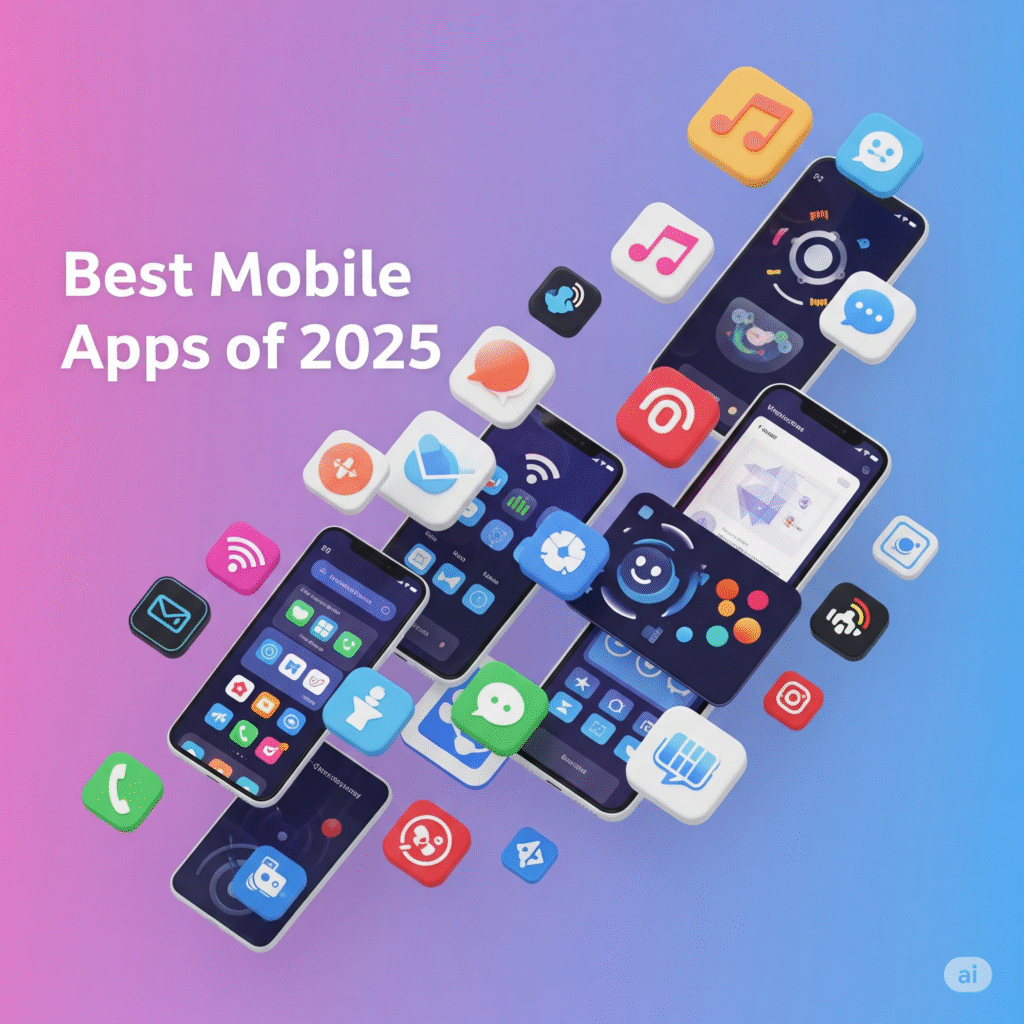AI Health Monitoring Apps: Revolutionizing Personal Healthcare
In recent years, AI health monitoring apps have emerged as transformative tools in personal health management. These innovative applications leverage artificial intelligence to enable individuals to track their health metrics, receive personalized insights, and manage chronic conditions more effectively. This article will explore the various functions of these apps, their benefits, and how they can empower users to take charge of their health.
Understanding AI Health Monitoring Apps
AI health monitoring apps are designed to collect and analyze health data from various sources, including wearables, smartphones, and manual inputs. These applications often utilize machine learning algorithms to interpret this data, providing users with valuable insights into their health status and trends.
Key Features of AI Health Monitoring Apps
- Real-Time Data Tracking: Many apps offer real-time monitoring of vital signs, physical activity, sleep patterns, and dietary habits.
- Personalized Health Insights: By analyzing user data, these apps can deliver tailored recommendations for diet, exercise, and lifestyle changes.
- Integration with Wearable Devices: Numerous health apps seamlessly connect with wearables like fitness trackers and smartwatches, enhancing data accuracy.
- Alert Systems: Some applications can send alerts for abnormal health readings, reminding users to seek medical advice when necessary.
The Benefits of AI Health Monitoring Apps
Utilizing AI health monitoring apps can lead to several advantages for users looking to improve their health management.
Enhanced User Engagement
These apps encourage users to be more engaged with their health. With easy-to-understand dashboards and progress tracking, individuals can visualize improvements, fostering motivation and accountability.
Improved Chronic Disease Management
AI health monitoring apps are particularly beneficial for individuals with chronic illnesses. They can monitor symptoms, medication adherence, and lifestyle changes, allowing for timely interventions and adjustments in care plans.
Popular AI Health Monitoring Apps to Consider
Several AI health monitoring apps have gained recognition for their innovative features and user-friendly designs. Here are a few to consider:
- Pill Reminder: This app helps users manage medications by sending reminders and tracking adherence.
- MyFitnessPal: A diet and exercise tracker that uses AI to suggest meal plans and workout routines.
- HeartBeat: An advanced heart rate monitor that leverages AI to analyze cardiovascular health in real time.
- Sleep Cycle: This app tracks sleep patterns and provides insights to improve sleep quality using AI algorithms.
Future of AI Health Monitoring Apps
The future of AI health monitoring apps holds even more promise as technology advances. With developments in wearable technology and data analysis capabilities, these applications will become more sophisticated, offering deeper insights into health metrics and potential predictive analytics.
Integration with Healthcare Systems
We can expect greater integration between health monitoring apps and healthcare providers, allowing seamless communication of data for better patient care. This can transform the way healthcare systems interact with patients and personalize treatment plans.
Expanding Data Sources
As more devices and sensors become available, the data utilized by AI health monitoring apps will expand. This could lead to even more precise health assessments and recommendations tailored to individual users.
Conclusion
AI health monitoring apps are poised to play a vital role in personal healthcare management by leveraging technology to enhance user engagement, improve chronic disease management, and integrate seamlessly with healthcare systems. As these tools continue to evolve, they will provide users with unprecedented access to their health data and options for personalized care. Adopting these apps is a step towards a healthier future, enabling individuals to take charge of their well-being like never before.
How AI Health Monitoring Apps Work
AI health monitoring apps utilize advanced algorithms and machine learning techniques to track and analyze various health parameters. By integrating data from wearable devices, such as smartwatches and fitness bands, these applications can provide real-time insights into an individual’s physical state. They continuously process information like heart rate, sleep patterns, and activity levels, helping users stay informed about their health and make proactive decisions.
The Benefits of Using AI Health Monitoring Apps
One significant advantage of AI health monitoring apps is their ability to offer personalized health insights. By analyzing users’ data over time, these applications can identify trends and patterns specific to each individual, leading to tailored recommendations that enhance overall wellness. For example, if an app notices that a user has consistently low sleep quality, it may suggest changes in daily habits or routines to improve rest.
Enhanced Accessibility to Healthcare
AI health monitoring apps also democratize access to healthcare resources. Individuals in remote areas or those with limited access to healthcare facilities can leverage these tools to monitor their health effectively. With just a smartphone and a compatible wearable device, users can receive crucial health information, reducing the need for frequent in-person consultations and enabling timely interventions.
Future Trends in AI Health Monitoring
The future of AI health monitoring apps is poised for remarkable advancements as technology continues to evolve. With the integration of AI with other emerging technologies, such as telemedicine and personalized genomics, these apps will provide even more comprehensive health profiles. This holistic approach will empower users to take greater control of their health journeys, ensuring that preventative measures are prioritized, and chronic conditions are managed effectively.


